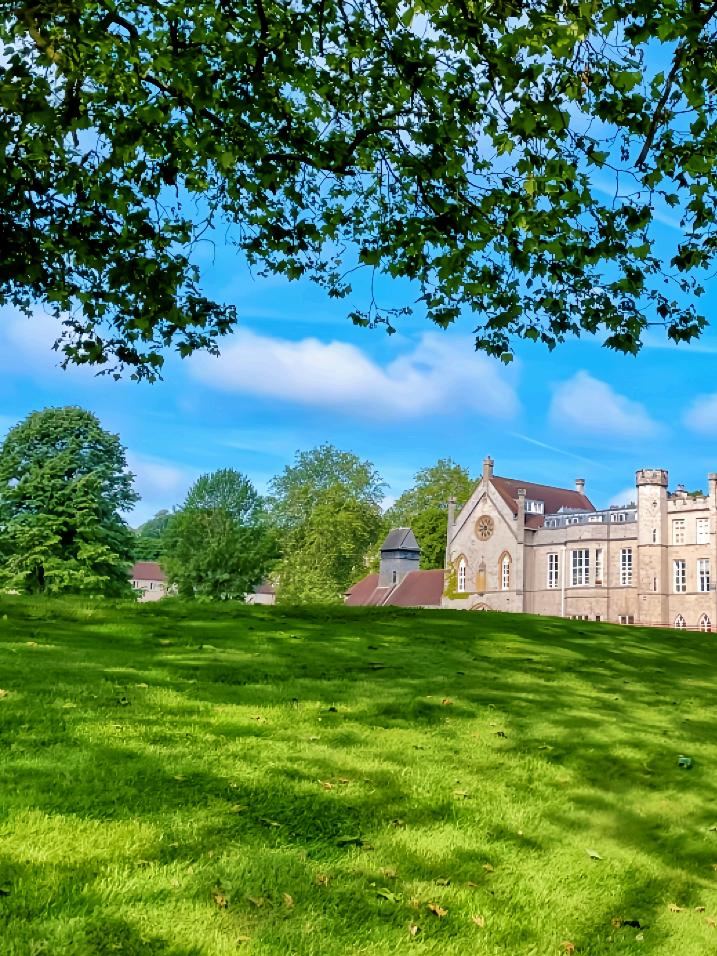

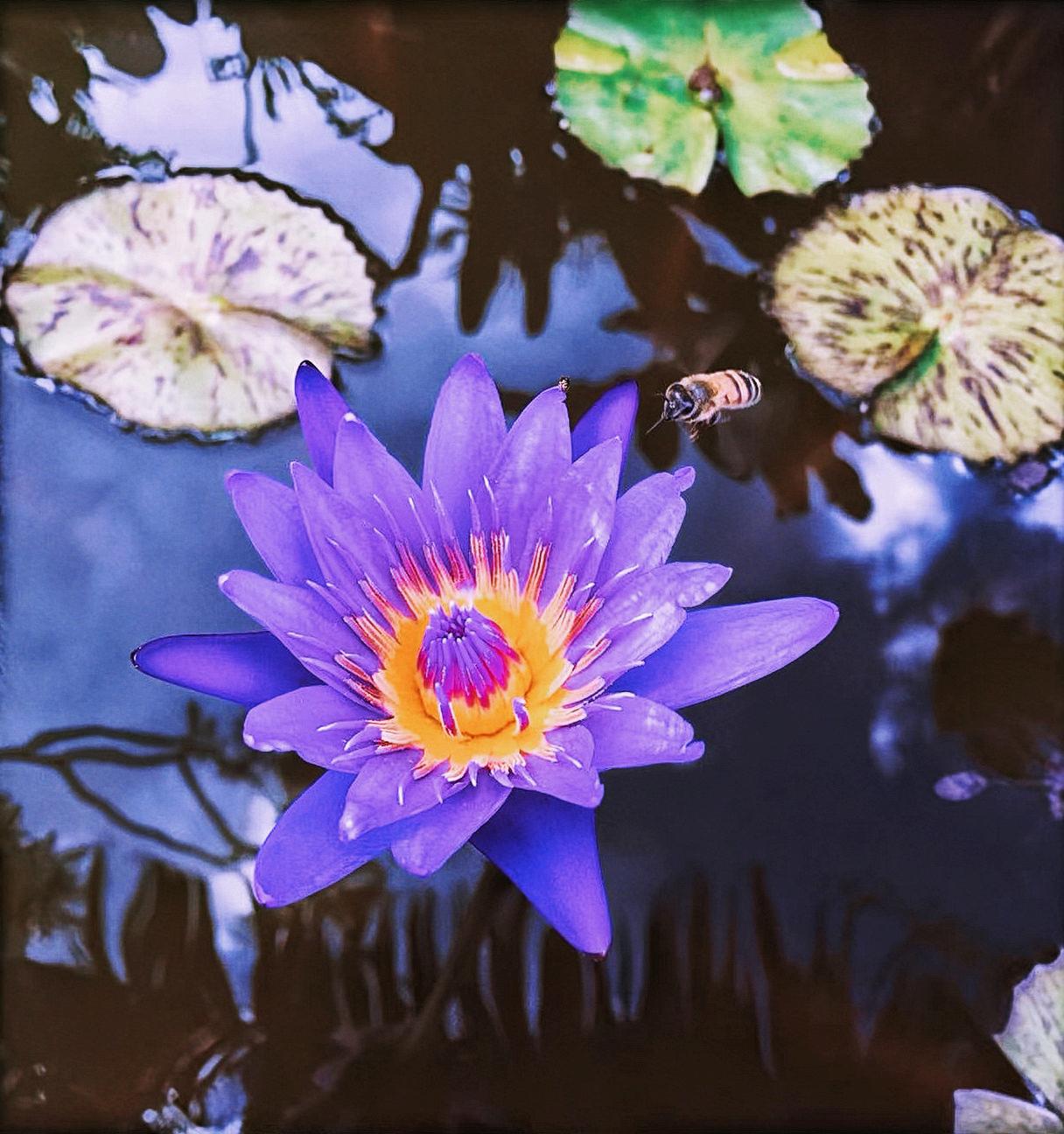





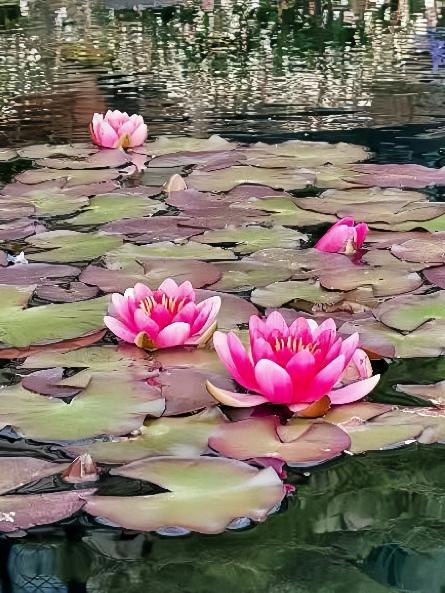
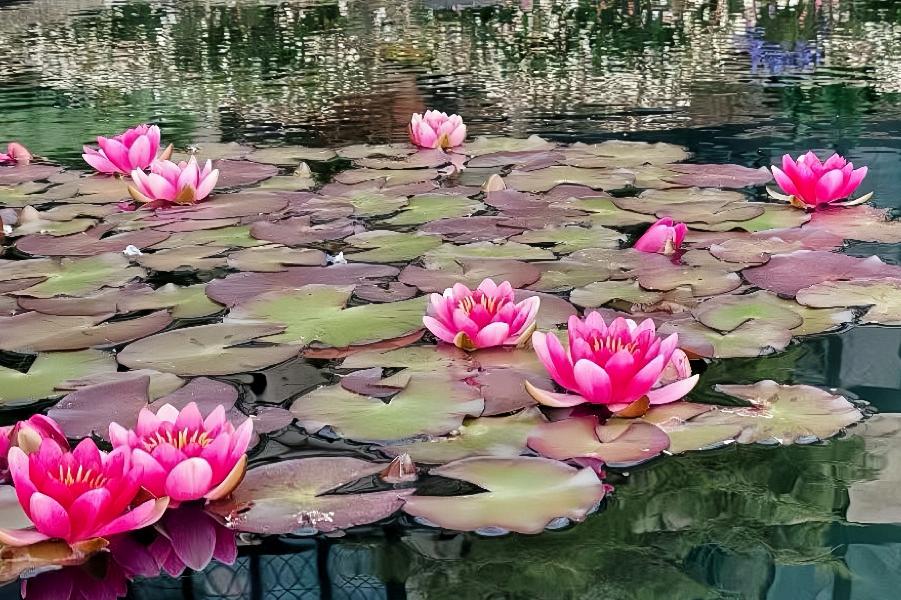
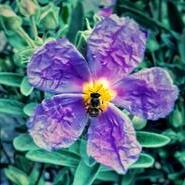












Among the lush trees, can you hear the hum of summer? When swallows are swooping overhead and the air simmers with the scent of lavender, remember how good it feels to just be. Whether you ’ re basking in the sun or busy as a bee, I hope this special summer edition brings a little joy, wonder, and space to pause. So kick back, relax, and enjoy Nature.

Editor-in-Chief


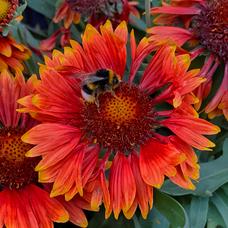


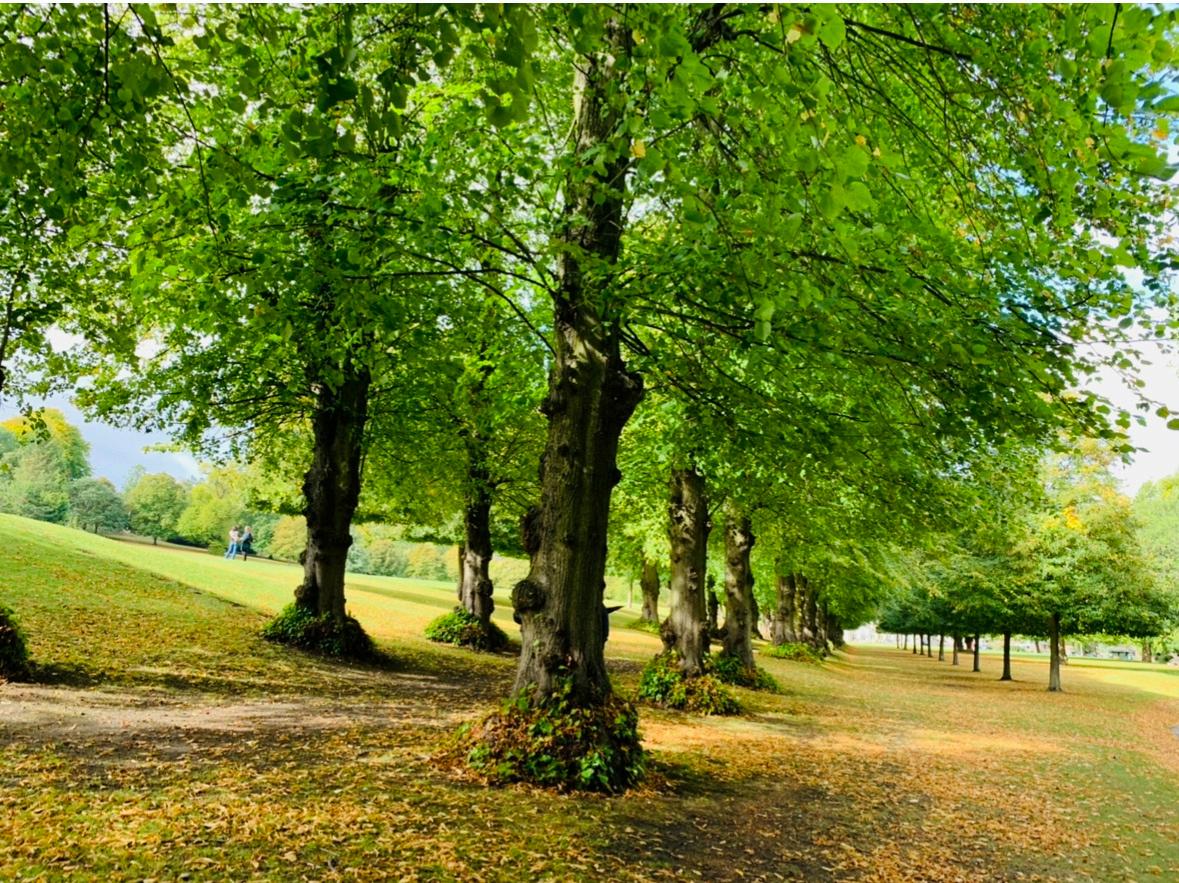


All photos by photographer Dr Dawber
One of the most widespread and common birds in the UK. Its patterned feathers help it blend in while feeding on the ground.
help it blend in while feeding on the ground It is easiest to spot when flying - a flash of white on the wings and white outer tail feathers It is rather shy around bird feeders, preferring to hop about under the bird table or under the hedge
You will usually hear chaffinches before you see them thanks to their loud distinctive song; a descending scale ending with a flourish, which can be heard in any suitable habitat throughout the summer
Quick Facts
Scientific name: Fringilla coelebs
When: year-round
Where: woodland, farmland, heathland, grassland

Facts
Scientific name: Aegithalos caudatus
When: year-round
Where: woodland, farmland, parks, gardens

These scuttling tree climbers are most common in areas with lots of mature oak trees. Much of its summer diet is made up of invertebrates, which it plucks from tree trunks and branches
One of our cutest birds, long-tailed tits are tiny, usually less than half the weight of a robin They are highly social and often stay in flocks, flitting from branch to branch and rarely staying still for more than a second
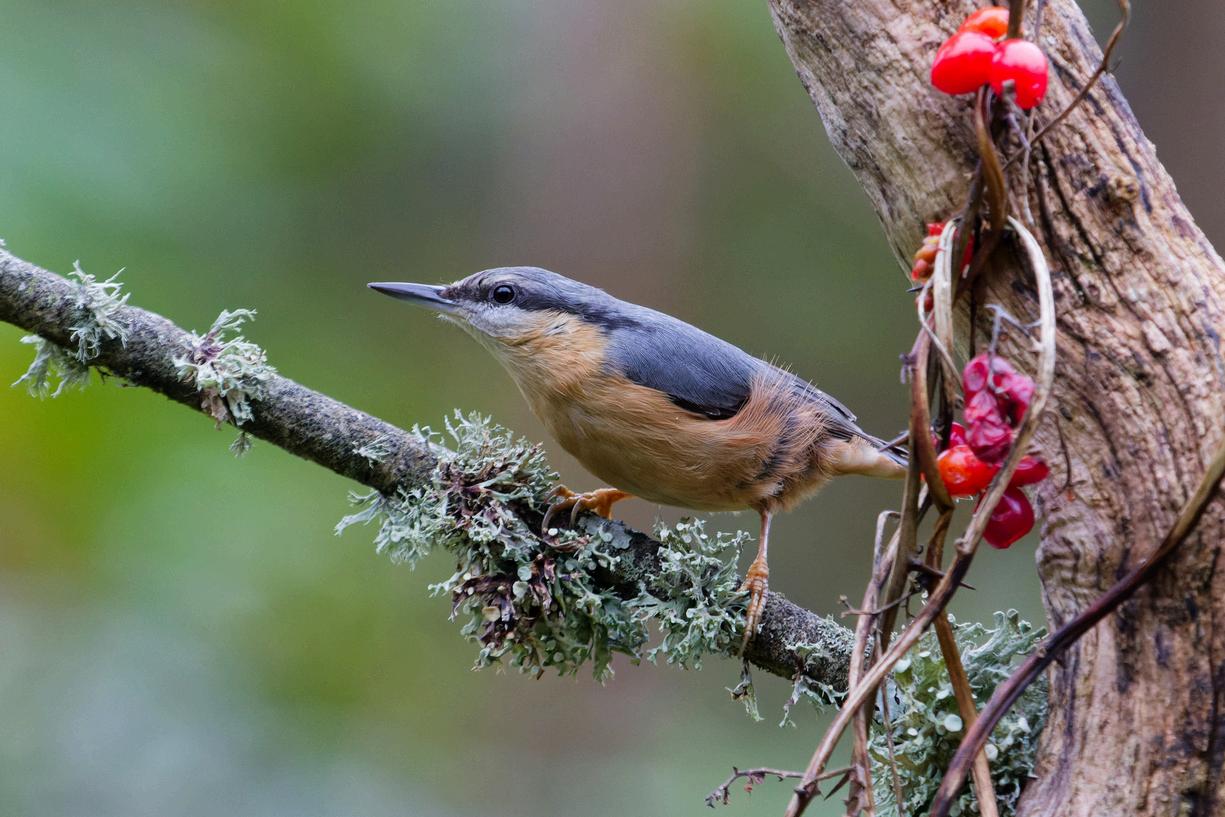
Quick Facts
Scientific name: Sitta europaea
When: year-round
Where: broadleaved woodland, sometimes gardens
Its delightful fluting song has earned it the name 'northern nightingale' Males have black caps (as their name suggests), while the female’s cap is chestnut brown Although primarily a summer visitor from Germany and north-east Europe, more blackcaps are spending the winter in the UK

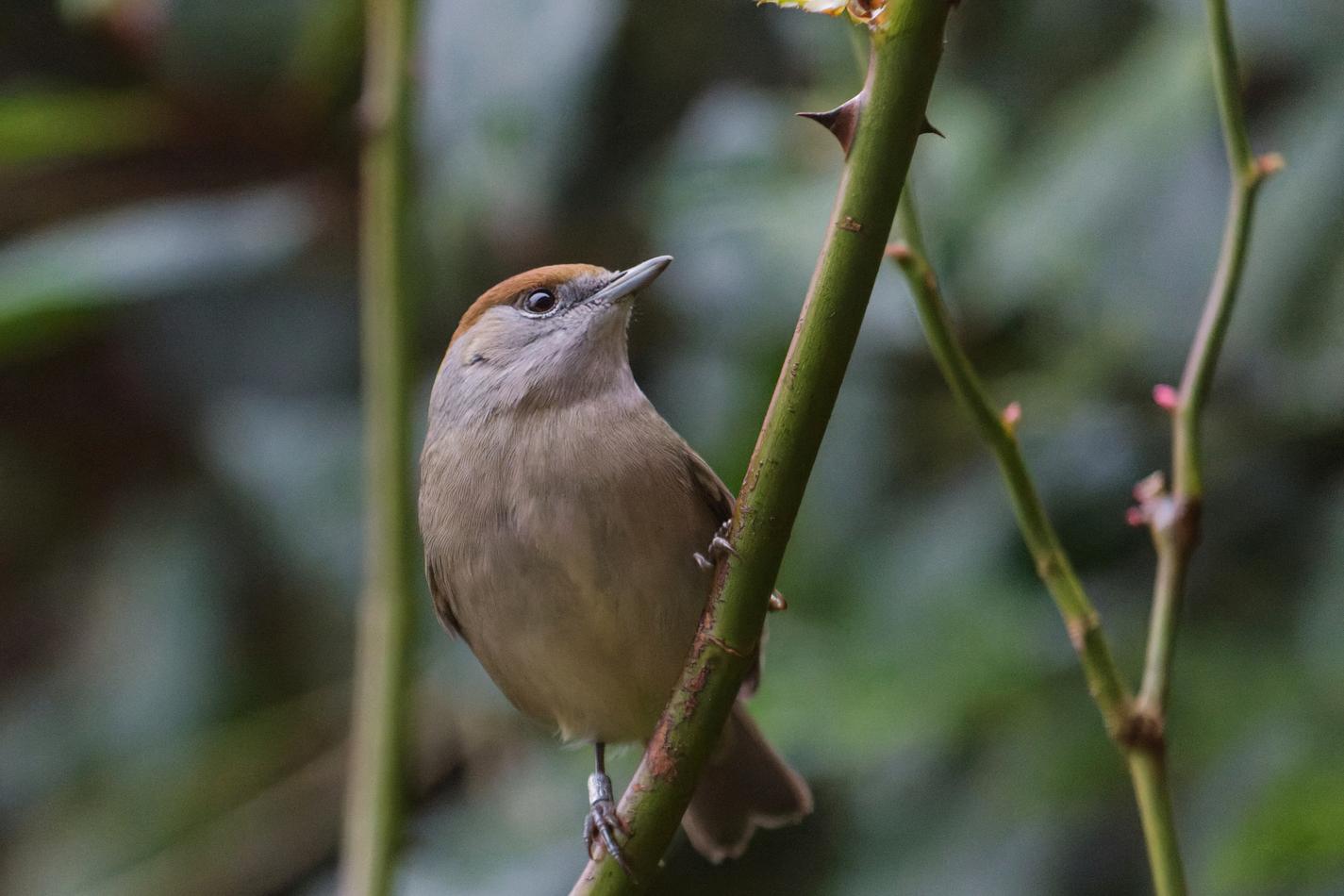
Quick Facts
Scientific name: Sylvia
When: mainly summer
Where: woodland, gardens



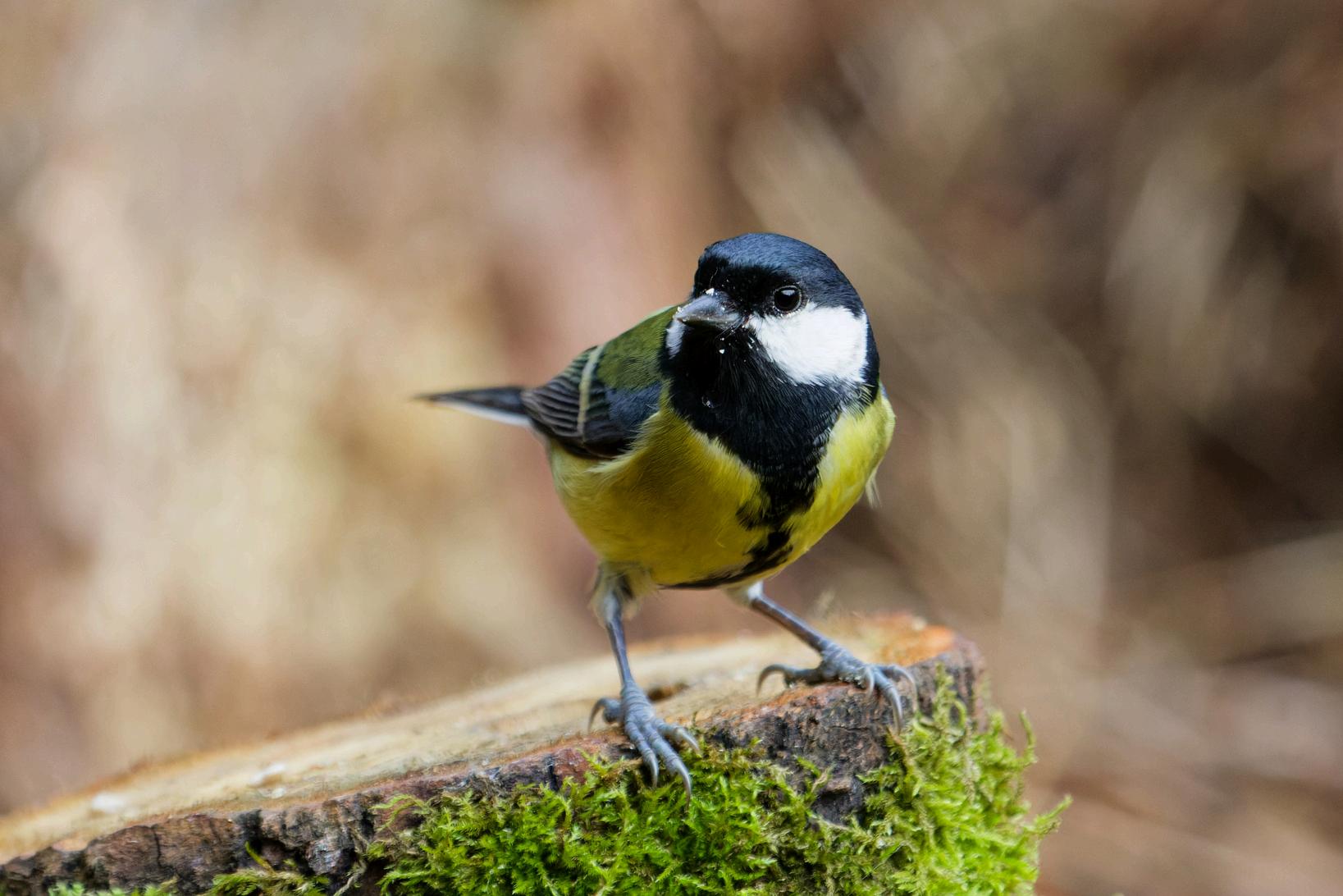

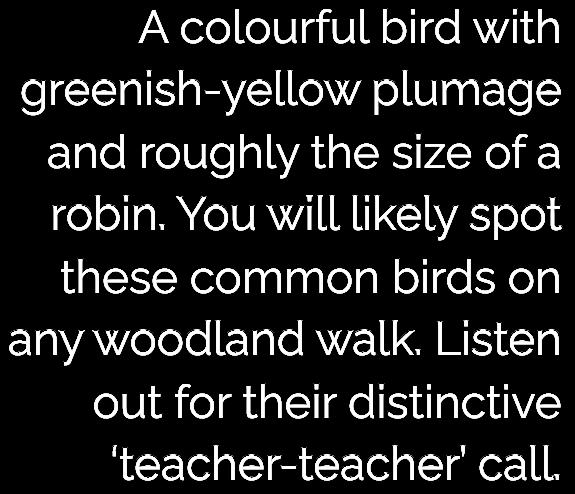
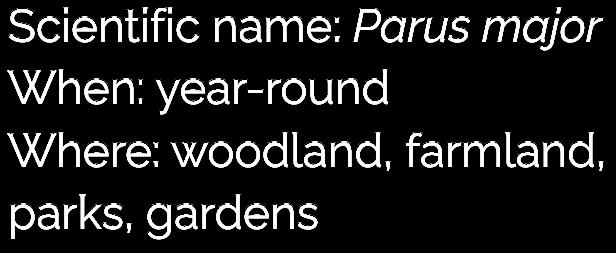
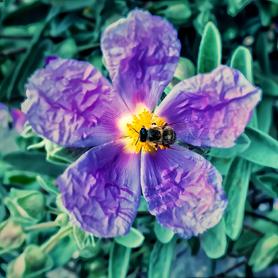
A hand-picked guide to the best flowers to keep bees happy, boost biodiversity, and glam up your space - no green thumb required Fiona L

(Rosa spp.)

Others to try:
Foxglove (Digitalis purpurea)
Hardy geraniums (Geranium)
Thyme (Thymus vulgaris)
Hydrangea (Hydrangea spp.)
The mood rings of the garden – change the soil, change the colour. Go for lacecap or wild varieties to support pollinators and create an ethereal fairy garden
Others to try:
Cosmos (Cosmos spp )
Lavender (Lavandula spp.)
Sunflower (Helianthus annuus)
Dahlia (Dahlia spp.)
Dahlias are the drama queens of summer and live for the spotlight Most have complex blooms so choose bee-friendly single-flowered varieties
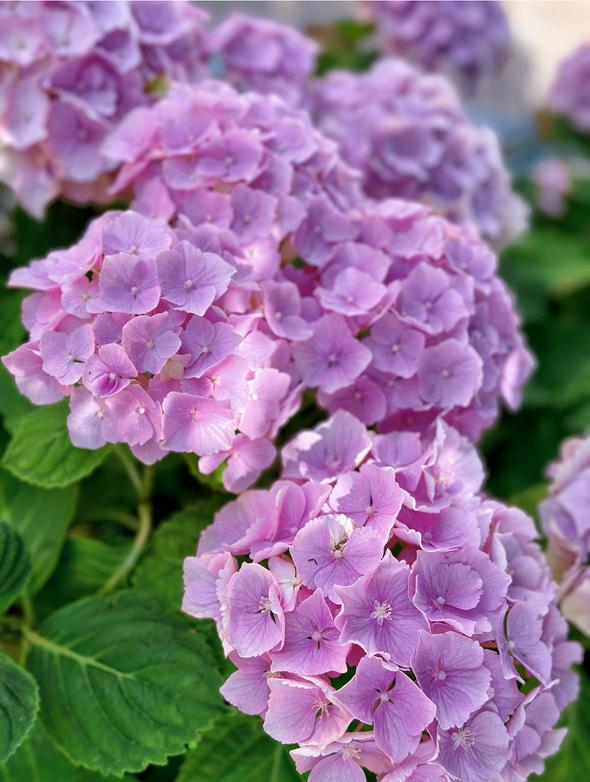

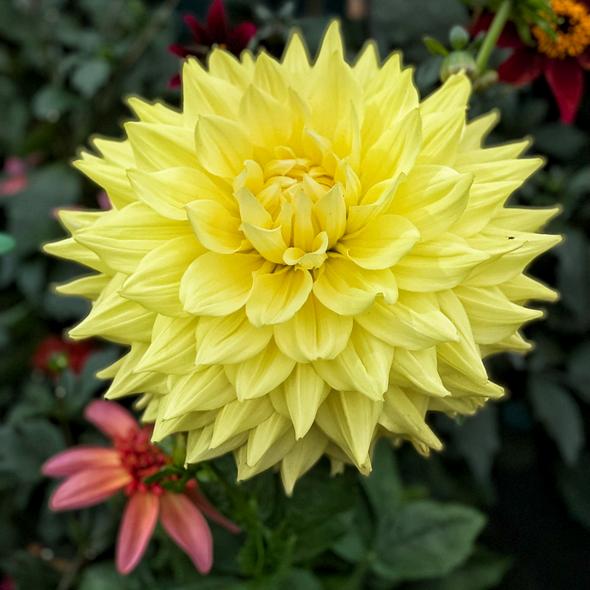
Others to try:
Cornflower (Centaurea cyanus)
Marigold (Tagetes lucida)
Oregano (Origanum vulgare)


Lightning fast and unforgettable, it whizzes by in a flash of azure and orange The first time I saw it, I thought it was my imagination It was only a glimpse - a tiny glint of blue flying low across a lake Before I could cry
“Look! A kingfisher!” it was gone. They are so difficult to spot flying that this has inspired a saying: ‘Only the righteous see the kingfisher’
There are over 100 species of kingfisher worldwide, but only the common kingfisher, Alcedo atthis, breeds in the UK Widespread across Britain though scarcer further up north, kingfishers tend to be elusive birds
Summer is the best time to spot one when they start to build their burrows to raise their young. They’re found in rivers, canals, streams, lakes and gravel pits - anywhere with clear, still or slow-moving water. It’s a good idea to wait in a hide among bankside vegetation or visit a nature reserve It might show up on a branch, preening its plumage, or it might whizz past with a high-pitched ‘ peep peep ’ call before vanishing again
As their name suggests, kingfishers eat fish but also aquatic insects, shrimp, and tadpoles Once it sees its prey, it bobs its head up and down to zero in on its target. Then a flash, a splash, and a fish is snatched, flailing in its beak
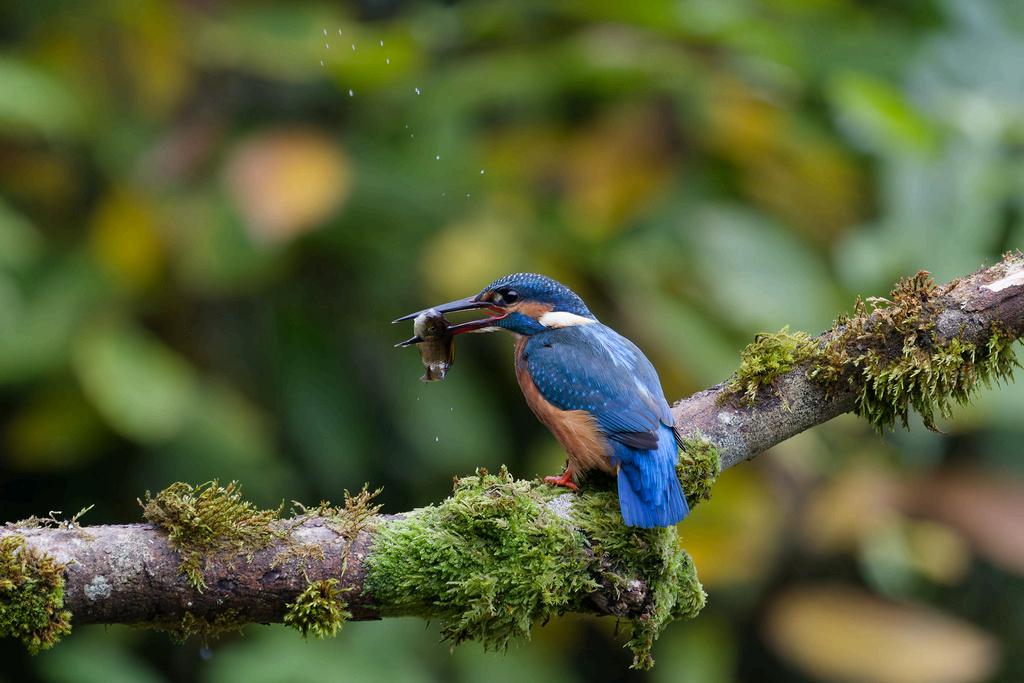
For all its brilliance, the kingfisher also burns out fast Most kingfishers don’t make it past their first year The oldest recorded kingfisher in the UK is four and a half, which is ancient by their standards Predators, hard winters, low fish stocks could all cut the story short The kingfisher is the rock star of the river - destined to live fast, shine bright, and die young. A one-hit wonder that stays with us long after it’s gone.
Let me leave you with a few lines from Mary Oliver’s poem, The Kingfisher:
The kingfisher rises out of the black wave like a blue flower, in his beak he carries a silver leaf I think this is the prettiest world - so long as you don't mind a little dying, how could there be a day in your whole life that doesn't have its splash of happiness?
Can you tell us a little about your background? What inspired you to become a Chaplain?
I was born in the UK, went to university in the UK, and joined the army, initially in the UK as a young soldier After university, it was a bit unusual to join as a soldier with a degree. Then I moved to New Zealand as a young man.
I went to Lancaster University where I studied environmental science. I was going out with a girl at the time called Hannah, who was doing biochemistry, and she went on to go and start training as a doctor As a young man, I had this massive thought: She's going to be more important than me. This is crazy! Well, I just want to be a park ranger and drive around in a Land Rover with a dog She's gonna be more I had this big night I prayed because I was Christian. Then the next morning, I woke up and really the only thing in my mind was being an Army chaplain, which is not something I'd considered before and knew nothing about But I started chasing that down I studied theology I joined the Army. Did that for for a few years, then went to New Zealand. I was ordained in Christchurch, New Zealand, and spent most of my adult life there, having only just come back now. I got married in New Zealand. Both our children were born in New Zealand, and I consider New Zealand to be home
On the one hand, it's cool as you can enjoy the best of both worlds On the other hand, it's a pain. We've got family and friends in both countries and it's a heck of a long way. When we arrived here, we didn't ship anything over, so we had to start everything again It would’ve taken six months for all the furniture to come over anyway
The cultures are surprisingly different - they're not identical at all I’ve found that over the last twenty to thirty years, Britain has changed considerably from what I remember New Zealand's changing as well, and they're both facing different challenges
When I first started here, there was a long probation period, because sometimes you got to be right for the job, right? And the job needs to be right for us. We didn't know how it was all gonna work out, so we just had to go slowly
Plus, I love the school. I love you girls. I think you are cool people. I like being around you, and I think you ' ve got brilliant brains and you ' re fascinating You're at this stage in life where so many things are opportunities for you, and I think it's great I'm very excited for you all. I like the staff and my colleagues. I get on with them. I enjoy the place High Wycombe and the south of England in comparison to where we live in New Zealand is not quite as nice. It's not to say Britain doesn’t have beautiful places. It does, but you ' ve got to go and find them Whereas in New Zealand, we live a few minutes from the beach You walk through the dunes and you ' re surrounded by fantails, the pīwakawaka in Māori. The bird song ’ s different. It makes me feel a little homesick at times I love bird song Most people do - it's just gorgeous Walking through the woods in the morning from home to work is great because the birds are singing It's beautiful, but it's not the same It's completely different noises
If I look in the night sky here, even on a clear night, you can't really see that much as there's too much light pollution Whereas in New Zealand, we would walk out onto our drive and the light would be billions and billions and billions of stars. You would see constellations for as much as you like
I do chapel, and therefore I need to prepare for chapel and all the admin that goes with it. But I also do charity stuff as well as chapel. I work with the almoners for chapel, the charity prefects, girls with ideas and plans, plus I do a lot of administrative work behind the scenes for events like Dove Day and Bonfire Night.
The other main thing that I do is spend time with both pupils and staff, and sometimes that's in pastoral counselling and conversations. It used to be 70-80% of my job in the military, doing one on one counselling sessions with soldiers, their families or officers, and that's sort of less done now. I don't think chaplains in the past have really done that too much here I don't know, but sometimes the girls want to talk about things, about sometimes about spiritual things, sometimes completely unrelated to anything faith based, just things that are going on for them, I suppose, and the staff the same. So I'm a priest for everyone and do the typical roles of the priest from a traditional viewer - preaching, praying, prophesying. And by that, I don't mean standing with a big staff booming “Oh, I shall tell you the fires will come!” It means being a messenger, speaking a particular truth into certain specific situations Sometimes, if I’ve got a few minutes between a meeting or something else, I will deliberately wander around the school just chatting with people
you
When I was a younger man, particularly in the army, I used to do quite a lot of outdoor stuff So soldiers, or people in the military, spend a lot of time out of doors, in all weather, all locations, and I really enjoyed that part of the job. I like having a pack on my back and going out there It's been hard to do that in my own time with kids, but they're getting to the age now where they may be able to come and join me, which is nice, to go camping and do outdoorsy fun stuff
I enjoy running, which I'm getting back into after an injury, and I much prefer to do that outside I don't mind running around the Abbey when you girls aren’t here to see it I used to do a lot of kayaking and rock climbing - both of which are much more fun outside Kayaking in the swimming pool is just lame I was quite an outdoorsy kind of guy
Sometimes, like most people who want a quiet moment in the day, I would pick outdoors. It’s quiet and awesome - you can feel the weather, listen to nature. Believe it or not, it's nice when it rains a bit when I go running It's very moody and it drives you If it's overly sunny and pleasant, you just want to sit down and sunbathe But if it's a light drizzle or even a heavy downpour, it just makes you work harder. I feel something very freeing about it
All over the world, I suppose I'll give you a couple of small stories
Once, on a big exercise in Australia - out in the bush where you learn a lot of things - I got very, very startled by a kangaroo We were moving through the bush as part of a patrol, and I pretty much didn't spot it hiding in some bush. Then it just jumped out at me and started hopping off My rifle was raised because I was startled, and I nearly shot it… but I didn’t pull the trigger. And that was kind of fun. I remember that was the first time I'd seen a kangaroo in the wild And of course, the Aussies were just like, “No way, mate, you loser”
A nicer story is probably in New Zealand with those dunes My wife and I and the boys would go walking to the beach most days. If it was a nice day after school or whatever, you'd go through the dunes and you'd be the only humans in sight As we were kicking up the sand and the dust, they would release insects And the pīwakawaka, the fantails, would literally fly just inches from us. They are very pretty, very meaningful birds in New Zealand, and very creative and very brave little birds Because they were checking us out and we were looking at them, it's very beautiful to be amongst these nesting pairs of fantails, all fluttering everywhere They're gorgeous little things
If you could travel to any natural wonder in the world, where would you go?
I would probably go to Tonga There's a quite far inland blowhole from the ocean You can swim in it when the currents are not particularly strong. Tonga is not a particularly big island, but it's quite a beautiful, little natural creation. I'd like the idea, in general, as well, of going cave diving I think that would be super cool in a slightly terrifying kind of way. I scuba dive, and cave diving is a very specialist form of scuba diving which I've not tried before You can't see anything. You're literally just mapping the underground rivers effectively that nature has formed over thousands of years. It's exciting and dangerous work, but there are guys who do it I think they use drone subs now actually So fewer people die, I suppose But one of the places I think I'd really, really like to see is Iceland as a country. I think the volcanic activity on Iceland is probably quite breathtaking, from what I can tell And I think the glacial movement is probably fascinating.
There's so many good options on there I'd also like to see the Sahara Desert, this massive desert that at some point in history, at least some of it was underwater. You think, Wow, what a turnaround And to be in the middle of this naturally created desert as a result of wind patterns is really interesting.
I think there's lots of answers to that. For me, the most compelling aspect of a genuine Christian faith is the evidence I suspect that for many people, that is probably true depending on how they approach it. So the evidence of the accuracy of Scripture is so deeply profound, it's almost undeniable that the accuracy is at least exceedingly high So it's not just a story book and was clearly never intended to be And yet the message within it is not just a historical message. It is an ongoing, relevant message for all of time So it's not just a history book If you take it even from a logical premise that the accuracy is exceedingly high, the evidence of the characters within the Bible existing around the time that the Bible suggests that they existed For example, there's evidence in Egypt about the Exodus So it's not just in the Bible that the Hebrews left Egypt. It's recorded in Egyptian archaeological records as well. So you ' ve got this accuracy, you ' ve got this exciting concept of evidence, and then you ' ve got this logical problem, right? You sit there and go, “Okay, so if it's exceedingly accurate, we know Jesus existed, we know these things happened and we ' ve got so much evidence for it” At some point or another, we start having to pay attention to what it actually says As soon as you do that, you start encountering this reality, the character of Christ. It’s slightly undeniable that he existed, and now we ' ve got to figure out whether what he said is true or not, and you ' re left with this question mark. C.S. Lewis summed it up in a three-pronged thing He said he was either mad or he was bad or he was true - he was who he said he was And when you engage with that sort of question, you start to develop important thought processes which any human being is able to engage with in the way that he approaches them
I have generally noted that some people approach faith and spirituality as a somewhat emotional connection There is a faith and belief because of emotional conception, and that's very relevant as well
One of the most compelling things that I have found over the course of my life, seeing as I've buried a lot of people, is sorrow, ironically. Sorrow and sorrow ’ s need for hope. If it's not a draw card to faith in and of itself, faith often has a representable and articulate message of hope that secular thinking doesn't have So we can be hopeful about life, but there's very little hope about death from a secular point of view. From a faith point of view, the hope continues And when people are filled with sorrow or facing sorrow or grief or pain, a lot of people find that a very, very engaging thing. That's just a snippet of what I think people could find compelling
I actually think also that there's a lot of uncompelling things about genuine faith as well But one of the compelling things is having people of faith believing what they say they believe. It's very uncompelling, isn't it, if you had a chaplain in chapel here, if I was here and I was saying stuff, here's the Bible, but I clearly didn't believe it, that would not be very compelling. So the fact that I believe it doesn't mean that everyone else has to believe it, but I'd suggest that if somebody wanted to take it seriously, at the very least, that's somewhat more compelling than somebody who clearly doesn’t
Yes I do. I spent three years in my undergraduate degree studying environmental science, and then three years doing theology So in effect, I spent three years studying creation and three years studying the Creator And that's the connection between it Now I am not unscientific in my mind, in how the world operates. But I also still believe that it there is intelligent design behind creation The process of that intelligent design is far more complex than the Bible presents, because the Bible isn't presenting itself as a scientific argument If I want to understand photosynthesis, I don't pick up the Bible I pick up a biology textbook If I want to understand why photosynthesis, I will pick up the Bible. Why life? Why bother? Why any of it at all. And so the how and the why of the way the world works actually come together a lot Science and faith very rarely, I would say, have an out and out disagreement. The reality is that the first scientists were theologians and they were able to combine those thoughts together
From a natural world perspective, I would argue that one of the most compelling arguments for the existence of the Divine is the world we see around us To analogise a little: if you look at Mount Rushmore one day, you probably wouldn't think, “Oh, well, look at what nature's done That's very clever Look at the way the birds have pecked away a bit of thing there and the way the river has flowed through there” You would assume that somebody has made that.
Yet, in fact, most multicellular organisms are infinitely more complex in the way they operate and work For me, it doesn't make sense that we would look at that and just go, “Oh, look, that happened by accident” Yes, there are adaptive and evolutionary processes at play, but I would argue that the complexity of it is such a mathematically tiny possibility that it's far more likely that there's a creator Now that's a debatable point that’s been debated for years.
There’s another really compelling thing Who gave humans our propensity for wonder? When you go to New Zealand and you drive around the roads, every single corner you come to is a breathtaking view that makes you want to stop and look Why? Why do you have a desire to have wonder? It doesn't make a lot of sense, because it's entirely impractical You're just wasting your time Most species we know and have studied don't sit there and admire landscapes for hours. They just get on with their life. So who gave you that propensity for wonder, that desire for natural beauty? Things like that make me look at the world and go, Hmm, there is something very significant about the why behind everything. I think if humans start engaging with that, we may enjoy the wonder a little bit more We may also allow ourselves some opportunities to ask some of the world's big questions.
Padre Paul spoke with Fiona on June 2, 2025. This interview has been lightly edited for length and clarity
Fiona L
Animals can get sunburn, but most have protections to prevent it. Just like we wear sunscreen and clothes, many animals have fur, hair, wool, feathers and scales to protect them. Some are more vulnerable to sunburn like pigs and rhinos. They would wallow and coat themselves in mud, which protects them from harmful UV rays and helps retain moisture in their skin.
Whales, dolphins, and other cetaceans are the exceptions and have been known to get regular sunburns, but they tend to heal pretty quickly
How do animals survive heatwaves?
They’ve got tricks Birds pant (like dogs!), hedgehogs hide in the shade, and bees literally fan their hives with their wings. But when it gets too extreme, even wildlife struggles Leaving out water or planting trees for shade can help
Absolutely. Most so-called ‘weeds’ are just misunderstood overachievers. Dandelions? Bee fuel Clover? Boosts soil structure Nettles? Butterfly nursery Sure, they don’t fit the tidy-lawn aesthetic, but maybe the problem isn’t the plants: it’s our obsession with control
Yes, but only those who travel solo Bee hotels are for solitary bees, like mason or leafcutter bees, not gregarious bumblebees and honeybees. Solitary bees lay eggs in the tubes and seal them up for them to hatch later
Bees take tiny power naps during the day and full-on rest at night. You might catch them dozing in flowers Even worker bees need a break from the grind only after they’ve finished doom-pollinating.
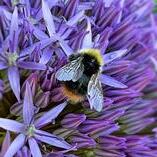

Designed by Fiona L
born ready with tools (3) cut trunk (3)
weasels through woods (10) clown of the coast (6) relieves the pressure (5) a cha cha slide? (1, 9)
Dumbledore (10)
pop psychology has flowers (5) kookaburra (10) mammals that crack clams (6) falls without pain (5) it’s the year of the _ (5) wildfire residue (3) wetland with peat (3) young Reynard (3)
